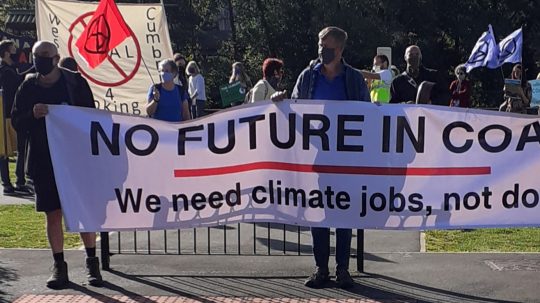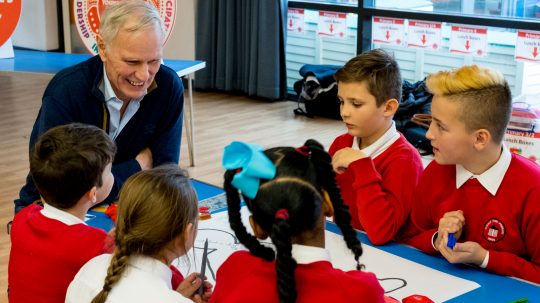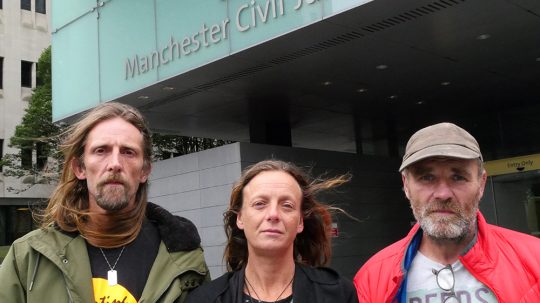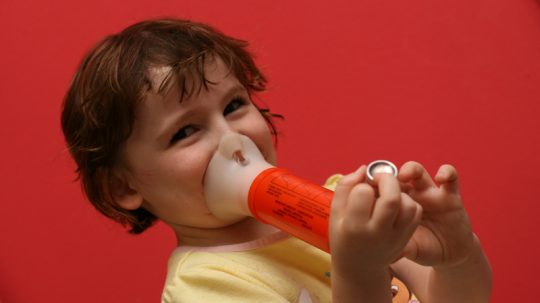The United Nations’ (UN) Human Rights Council has voted to recognise access to a safe, clean, healthy and sustainable environment as a human right.
In a resolution proposed by Costa Rica, the Maldives, Morocco, Slovenia and Switzerland, the Council called on the global community to collaborate to implement this newly recognised right.
“Global recognition of this right will help empower local communities to defend their livelihoods, health and culture against environmental destruction, and help governments develop stronger and more coherent environmental protection laws and policies,” said Lucy McKernan, deputy director for UN advocacy at Human Rights Watch.
The Human Rights Council also voted to appoint a “special rapporteur” specifically dedicated to monitoring the human rights impacts of climate change. World Health Organisation (WHO) research shows that 24% of all global deaths – approximately 13.7 million deaths a year – are linked to the environment, with causes ranging from air pollution to chemical exposure.

Credit: Thomas Richter / Unsplash
While the UK voted ‘yes’ to the resolution, their agreement came with the caveat that such resolutions are not “legally binding instruments”.
“A human right to a safe, clean, healthy and sustainable environment has not been agreed in any human rights treaty and it is yet to emerge as a customary right,” said Rita French, the UK’s Ambassador for Human Rights. “Recognising rights without due consideration and a common understanding at an international level of what they comprise creates ambiguity.”
The role of special rapporteur is a three-year post and their duty will be to monitor “how the adverse effects of climate change, including sudden and slow onset disaster, affect the full and effective enjoyment of human rights”.
Passing 42-1, with Russia objecting and China, India, Japan and Eritrea abstaining, the Council’s vote comes ahead of the UN’s Climate Change Conference (COP26) in Glasgow in November.
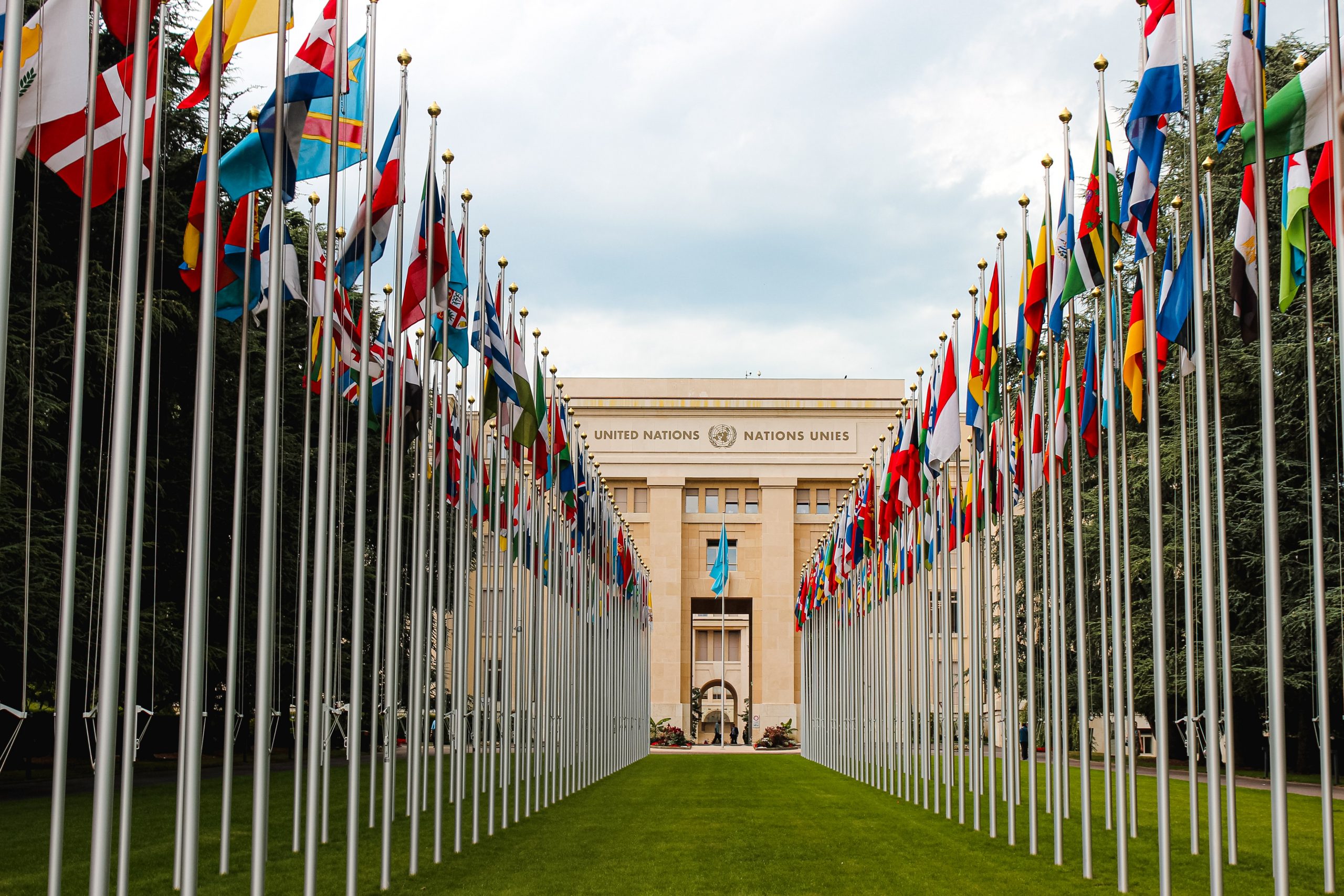
Credit: Mathias P.R. Reding / Unsplash
The vote was welcomed by UN High Commissioner for Human Rights Michelle Bachelet. “The Human Rights Council’s decisive action in recognising the human right to a clean, healthy and sustainable environment is about protecting people and planet – the air we breathe, the water we drink, the food we eat,” she said in a statement. “It is also about protecting the natural systems which are basic preconditions to the lives and livelihoods of all people, wherever they live.”
Bachelet called for “bold action” from leaders all over the world to guarantee that the resolution “serves as a springboard to push for transformative economic, social and environmental policies that will protect people and nature”.
The resolution also highlighted that the most vulnerable people in society are acutely impacted by the climate emergency.
Climate change groups have embraced the ruling. Co-founder of Earth Warriors Global Keya Lamba said: “We at Earth Warriors could not agree more that having access to a clean, healthy and sustainable environment is a human right. In particular, this is a child’s right, as the next generation is affected most by climate change.”



